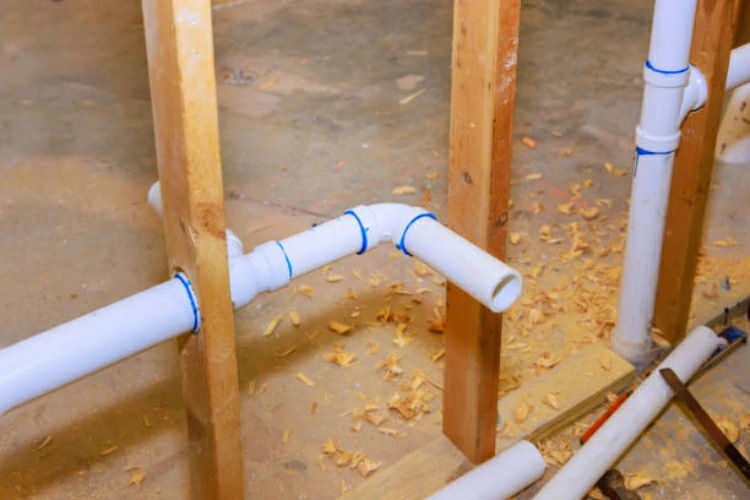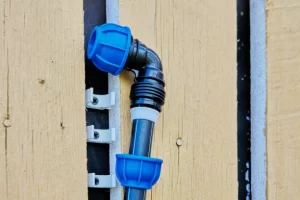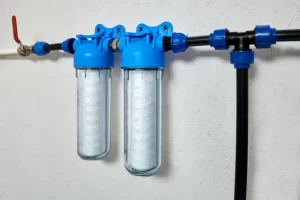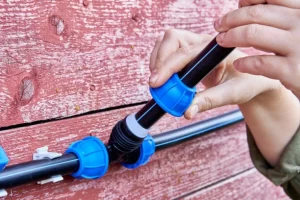Understanding the Chemical Corrosion Resistance of PVC Fittings
Introduction to PVC Fittings
PVC fittings, or Polyvinyl Chloride fittings, are essential components in various piping systems due to their exceptional chemical corrosion resistance. These fittings play a crucial role in plumbing, irrigation, industrial, and wastewater treatment applications, where exposure to corrosive chemicals is common.
Factors Influencing Chemical Corrosion Resistance
Several factors contribute to the chemical corrosion resistance of PVC fittings:
1. PVC Material Composition
Inherent Chemical Resistance
PVC is inherently resistant to a wide range of corrosive chemicals, including acids, bases, salts, and alcohols. The molecular structure of PVC, consisting of carbon and chlorine atoms, forms strong bonds that prevent chemical reactions with corrosive substances, ensuring the integrity of the fittings over time.
Additives and Stabilizers
Additives and stabilizers are often incorporated into PVC formulations to enhance chemical resistance and stability. These additives, such as antioxidants and UV stabilizers, protect PVC fittings from degradation caused by exposure to ultraviolet (UV) radiation and oxidative chemicals, further enhancing their longevity and performance.
2. Manufacturing Process
Homogeneous Structure
PVC fitting are made through homogenous extrusion or injection molding, ensuring a uniform structure with consistent chemical resistance. This minimizes weak points vulnerable to chemical attack, ensuring uniform corrosion resistance.
Quality Control Measures
Stringent quality control measures are employed during the manufacturing of PVC fitting to ensure compliance with industry standards and specifications. Quality control protocols, including material testing, dimensional checks, and performance evaluations, help identify and mitigate potential issues that could compromise the chemical corrosion resistance of the fittings.
3. Environmental Conditions
Exposure to Corrosive Substances
PVC fittings endure exposure to corrosive substances like acids, alkalis, solvents, and industrial chemicals. Their chemical corrosion resistance enables them to withstand such exposure without performance loss, ensuring reliability in harsh environments.
Temperature and Pressure Conditions
Temperature and pressure conditions can also affect the chemical corrosion resistance of PVC fitting. PVC is capable of withstanding a wide range of temperatures and pressures, making it suitable for applications where fluctuations in environmental conditions are common. Proper selection and installation of PVC fittings based on temperature and pressure ratings are essential to ensuring optimal performance and longevity.
Conclusion
PVC fittings excel in chemical corrosion resistance, making them ideal for corrosive environments. Their inherent resistance, coupled with quality manufacturing and environmental adaptability, ensures long-lasting performance. By understanding these factors and choosing high-quality PVC fitting, industries can achieve cost-effective piping solutions.
IFAN is a Chinese manufacturer of plastic pipes, fittings and valves with 30 years of experience. If you are interested in IFAN copper fittings, copper valves, plastic pipes and fittings, please contact us. IFAN offers you a variety of standard pipes to meet your specific needs. Click below to learn more about IFAN’s wide range of affordable and cost-effective valve products and piping system related products.
We will reply your email or fax within 24 hours.
You can call us at any time if there is any question on our production.
For more information,pls visit our webside https://pipefittingpro.com/
Pls Mailto: [email protected]
Whatsapp: + 86 19857948982














Recent Comments